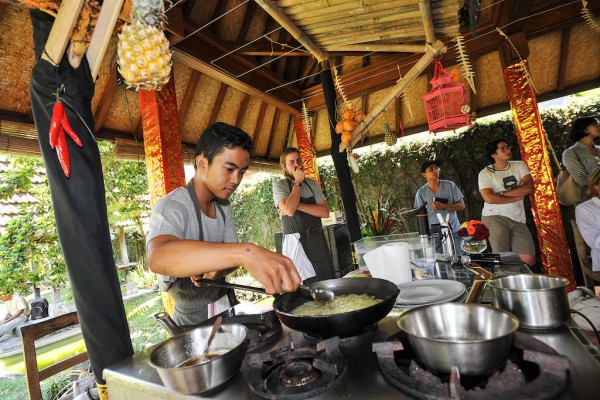
The Kitchen setup at the 2014 Ubud Writers and Readers Festival, a sibling event of the upcoming Ubid Food Festival. Photo by Matt Oldfield.
A sibling event of Ubud Writers & Readers Festival and Bali Emerging Writers Festival, the Ubud Food Festival is coming to Ubud, Bali, June 5-7, designed to celebrate Indonesian culture and cuisine.
A big part of both those things, and the event itself, is specialty coffee. Indonesia remains the fourth largest coffee producing region in the world, while domestic consumption is on the rise, made apparent by the recent openings of numerous quality-focused coffee shops.
The Ubud festival’s coffee program includes two main classes, a coffee workshop led by roaster and Q-Grader Rodney Glick, of Seniman Coffee Studio, and a forum called “The Drip Feed” featuring Glick, Made Windu Segara Senet of Mangsi Coffee and Irvan Helmi of Anomali Coffee.
Helmi, for one, has been a pioneering force in contemporary Indonesian coffee culture since 2007, launching a coffee training center and a separate roastery in Jakarta, as well as numerous upscale cafes under the Anomali brand in Jakarta and Bali.
With an eye toward the Ubud festival, we recently caught up with Helmi to briefly discuss the program, where he’ll be showing of single-origins from Bali, and the direction of Indonesia’s domestic consumption.
How did you come to coffee?
My formal background is computer science, but my passion drove me into the coffee business. I did not have any formal food-and-beverage background, nor any work experience in a coffee shop, but I started learn much about coffee theoretically from Roast magazine, and also from subscription to the SCAA Specialty Coffee Chronicle. Since 2008, when the Specialty Coffee Association of Indonesia was formed, we have learned a lot through direct collaboration.
What would you say is the biggest challenge in developing a roastery and retail business locally?
Since we are in a coffee producing country, we have fewer barriers in sourcing directly from groups of farmers or cooperatives. So, my main focus is business development, but also forming and maintaining groups of cuppers and buyers inside the company itself.
What trends have you been seeing, perhaps leading, related to domestic consumption there?
I’ve seen growing demand for quality specialty coffee. New roasters and cafes are coming to the market — both new brands and brands expanding from existing cafe chains.
The interesting part about being in Indonesia is you can clearly see the impact of rising demand for quality coffee, because you have all the value chain here. The objective for us as coffee player in Indonesia is to create awareness of this market, while raising the bar for for quality and customer experiences. If we do it well, it will benefit the farmer, who will be paid a premium price, as well as consumers and the coffee business as a whole.
Click here for more on the Ubud Food Festival.



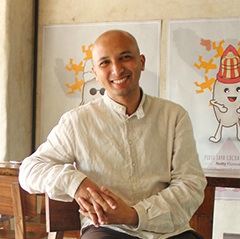
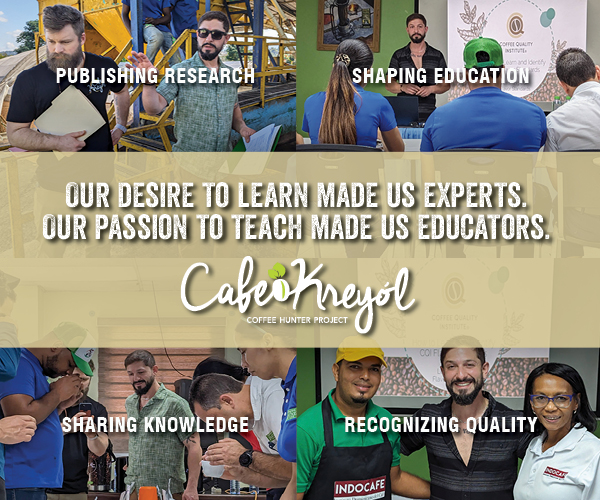
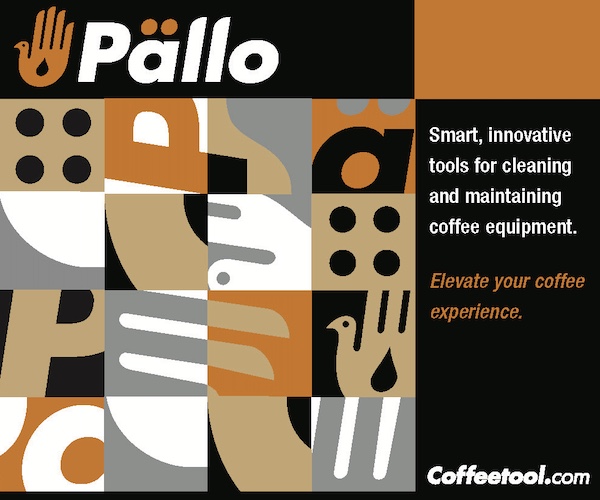

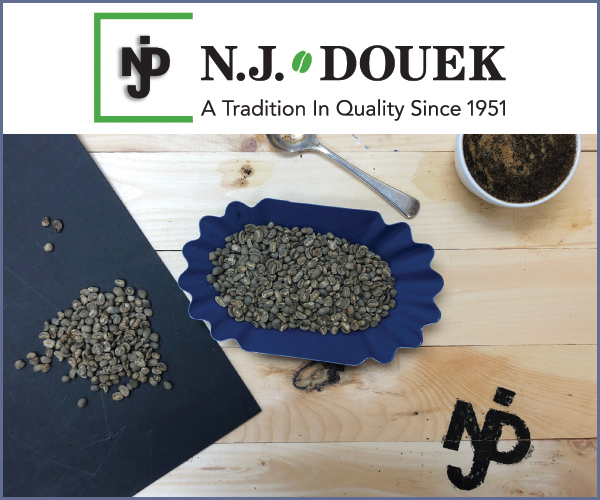



Comment